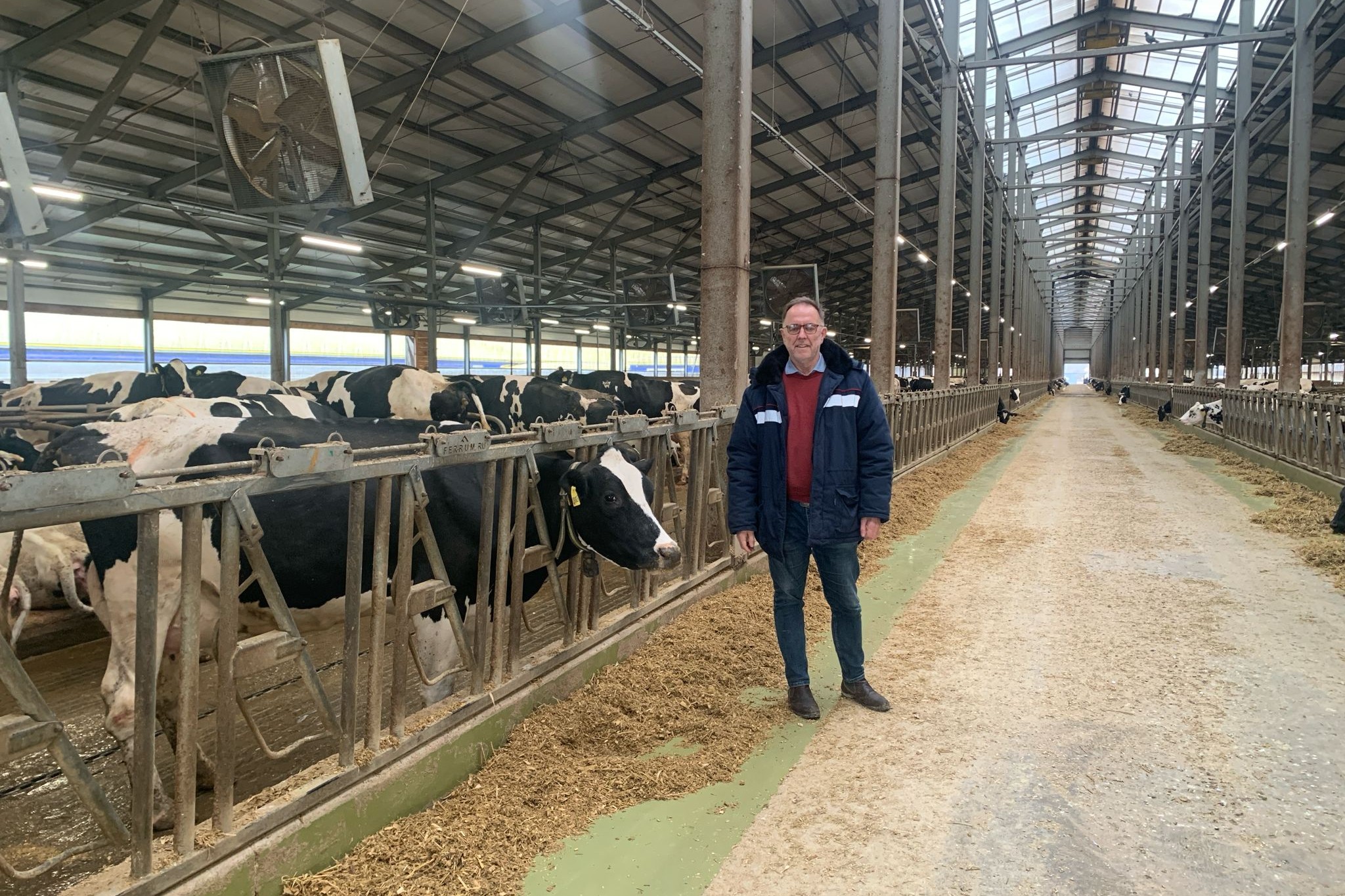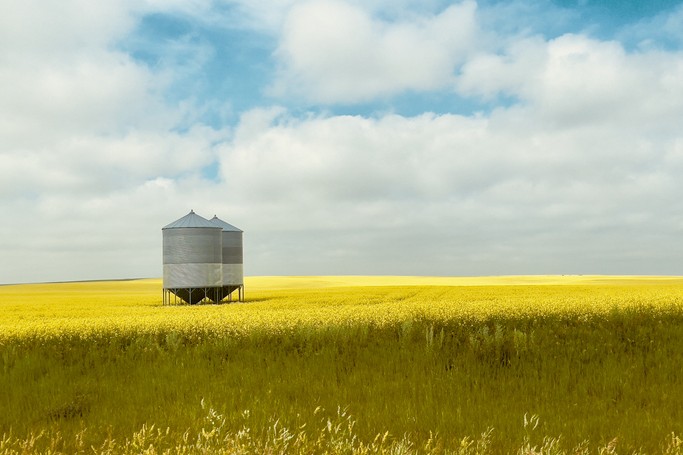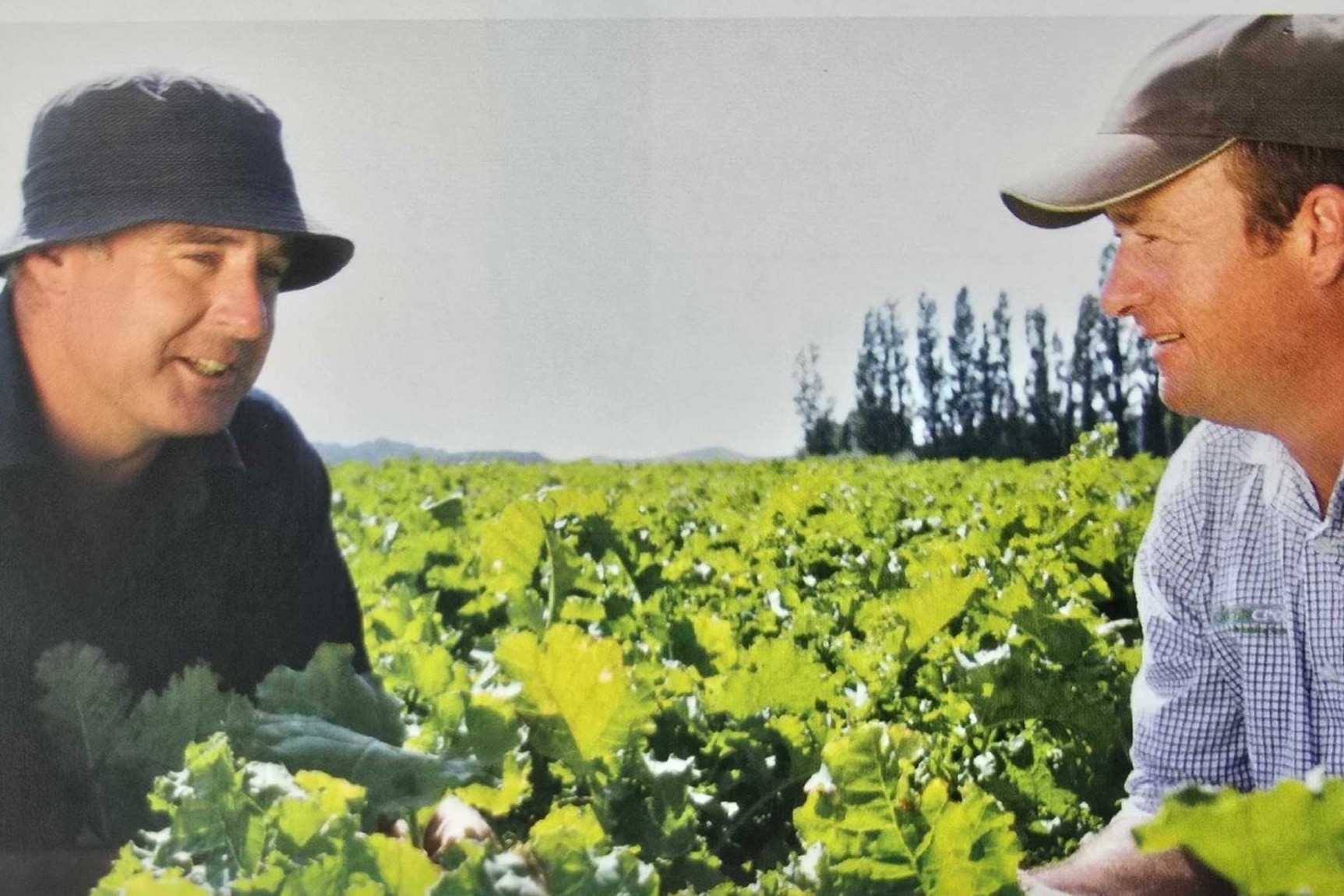Brexit will result in the reformation of farming laws and incentives, but David Walston is sceptical the financial viability of farms can be maintained.
Looking back at the last 12 months, from a purely agronomic point of view, I hope the future is different. Every year since 2014 has been worse than the last. Springs seem to get drier and drier, and harvest, which used to consistently finish in September, now only lasts into August because our machinery isn’t big enough to get it in the shed by the end of July. Some people said that 2020 was my generation’s 1976. From a weather point of view this may be correct, but back then prices were, in real terms, about four times higher than they are now. About 8t/ha of wheat being sold for £600/t (NZ$1127)? Yes please, sign me up! But no, prices are a fraction of what they were back then, and input costs are higher too.
Some may say that the answer is easy, we just need to farm better. But this is not the answer to this problem. We always need to farm better, regardless of the conditions at the time. We are in an agonising death spiral of structural problems, and shaving off some fixed and variable costs will only prolong the misery. What is the answer? I’m not sure.
My Dad spent decades saying that we should all stop receiving subsidies, and there are strong reasons for that. However, I’m not sure that now the reality of being £200,000 (NZ$375,589) per year worse off is just around the corner, that it looks so attractive after all. Part of me might think “it’s what you wanted!”, but is it really? It is one thing for everyone to be unsubsidised, but just us? Formula 1 has also spent many years attempting to put a cost cap on how much the teams can spend – something that they basically all agree in principle is a good idea, but getting the detail right has proved tricky. However, how good an idea would it be for only one team to be capped, and the rest allowed to do as they wish? For sure, that team is going to be at a serious disadvantage. This is the unfortunate position we will find ourselves in, as Team Europe continues on as per usual on our doorstep, and we are hobbled.
But hold on, is it all doom and gloom? The fact of the matter is that the Basic Payment Scheme is a subsidy for land owners, not for farmers. For tenants, the subsidy is just added onto rent, and it will equalise in time. For land owners (even mortgaged ones such as ourselves), the money goes straight into our pockets. Losing it will be painful, but perhaps it is morally the right thing to do? I suspect the hardest hit will be people in the supply trade, particularly Messrs John Deere, Claas, Fendt et al.
One thing that is made possible by the removal of BPS, and the removal of our EU status, is the reformation of our farming laws and incentives. I do believe that there is scope for serious improvement in many farming practices, but I am much more sceptical that they can be done while maintaining financial viability of farms. There are many evangelical green-minded farmers out there who say otherwise, but below the polished surface of Twitter often lies a darker truth. I have been there, smelt the soil, and – more importantly – seen the accounts. Policy makers, be careful!
If that is one possible upside to Brexit, then like Jim Ratcliffe, I do not see many more. As I sit here, a No Deal Brexit (otherwise known as Australian Style Deal to the hard-of-thinking) looks an almost certain outcome. Oh God, how I wish I believed, but I just can’t. Maybe, hopefully, I am wrong, but Boris, Nigel, Michael, and the rest: Thanks lads, you’ve f**ked it.




